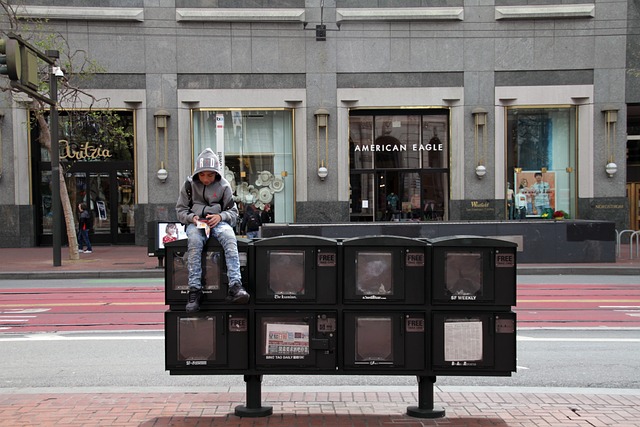
by Chris Jennewein
Newspapers in California have long claimed that Google is stealing the news by linking to articles when people search, and are demanding payment via a pending Assembly bill.
But when the alleged stealing stops — as happened Friday when Google began testing the removal of California news from search — those same newspapers were even more upset.
=The Riverside Press-Enterprise editorial board called it “a shameful attempt to fend off legislation that would force the search giant to pay for the news content that fuels its business.”
The headline in the San Jose Mercury News was “Google’s threat to cut off news in California is a bully tactic,” though the text of the editorial was exactly the same since both newspapers are among the many now owned by New Jersey-based Alden Capital.
It’s hard not to see the hypocrisy in this stance. Newspapers were once immensely profitable, but failed to transform their businesses when the internet arrived. Search traffic from Google, Facebook and Microsoft helped drive traffic to the papers’ belated websites, but publishers preferred to concentrate on old-fashioned printing.
The result has been a big decline in advertising, plummeting circulation, buyouts by investment firms like Alden and widespread layoffs of journalists. Now newspapers everywhere are looking for a bailout. Accusing Google of theft by linking to articles and demanding payment via legislation has been tried in Spain, Australia, Canada and now in Google’s home state of California.
Assembly Bill 886, the so-called California Journalism Preservation Act, would require the largest tech companies to pay whenever they send the public to newspaper, TV and other news sites via search. The exact language is in flux, but essentially the money would be allocated based on a publication’s share of total links.
Google calls the plan a “link tax,” while the bill calls it a “journalism usage fee” to get around legislative rules regarding new taxes. Publications would be required to use 70% of the payments to hire new journalists, but the remaining 30% represents a hefty profit margin, though recipients will likely plead “overhead costs.”
Here’s a modern analogy of what this bill would do. Let’s say you are an influencer on YouTube and post a video extolling some company’s new product. Both you and Google make money from the associated advertising. Should Google then have to pay the company for use of its name? Or is the company in fact benefiting substantially from your recommendation? The reasoning behind AB 886 suggests that Google should pay.
Independent news websites like Times of San Diego have a stake in this battle. As newspapers and TV reach increasingly smaller audiences, independents have arisen to take their place. While the bill would offer payment to every type of publication, legacy newspapers would benefit far more because Google has indexed their articles for over two decades.
There’s no expectation that business should be fair. Newspapers have a right to seek a new benefit any way that is legal. But as upholders of democracy, one might expect a concern for fairness. Is it fair for California to tax one of its most innovative companies to support a dying, legacy industry? Should Netflix have been taxed to prop up Blockbuster Video?
Amid all the talk about democracy and the future of journalism, it’s hard not to see the fundamental hypocrisy in AB 886 — and view it as just a another political shakedown of big tech companies.
Chris Jennewein is editor and publisher of Times of San Diego. He has over 50 years of experience at newspapers and online publications. This article was originally published on Times of San Diego.
















